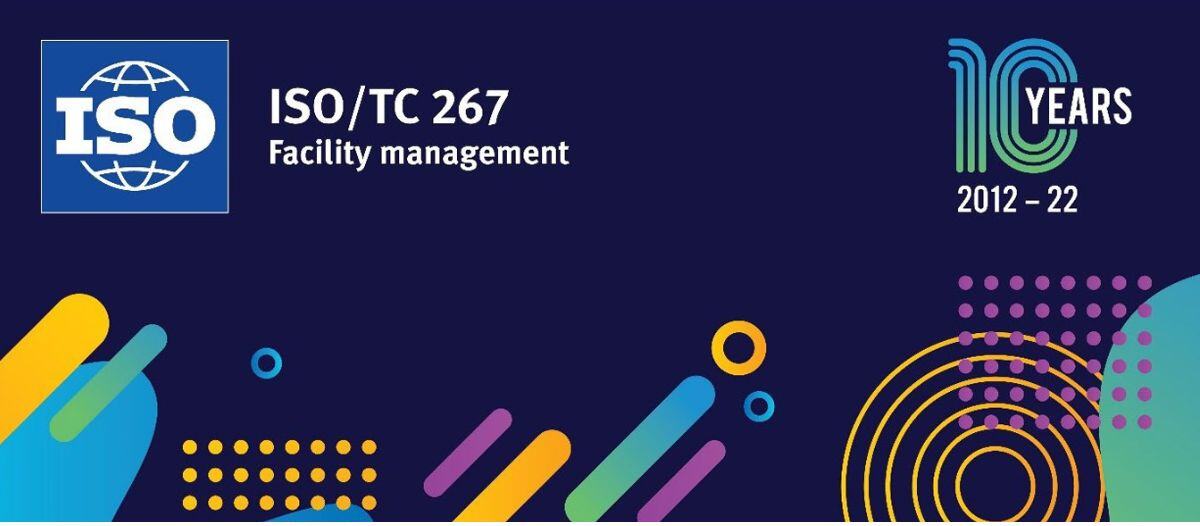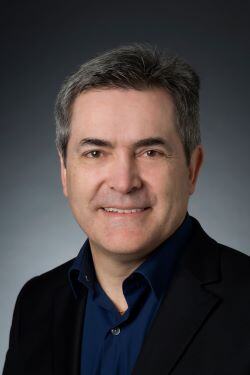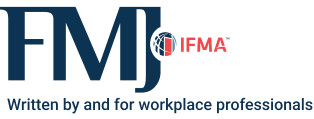ISO/TC 267
Celebrating 10 years

The beginnings
In 2011, a small group of FM professionals under the leadership of Stan Mitchell, ISO/TC 267’s founding chairperson, formulated a proposal to the International Standards Organization (ISO) to establish a formal committee to create international standards for facility management (FM).
Among the hurdles to overcome were ISO’s apparent lack of recognition of FM and the belief that FM’s functions were already covered by ISO 55000 Asset Management.
Through FM membership bodies, such as IFMA, the support of EuroFM and Global FM, the previous work of the Australian Government’s FM Action Agenda (2004-08), and the European FM standards committee CEN/TC348’s EN15221-1 to -7 (2006-12), ISO/TC 267 was established. The first plenary meeting was held in Berlin in November 2012, attended by 26 delegates from nine countries.
Progress
During the intervening years, much work has been done to expand ISO/TC 267, encouraging NSBs to establish mirror committees to enable like-minded individuals to contribute to the international FM standards initiative.
To date, ISO/TC 267 has seven published documents to its credit:
- ISO 41001:2018 Facility management – Management systems – Requirements with guidance for use
- ISO 41011:2017 Facility management – Vocabulary
- ISO 41012:2017 Facility management – Guidance on strategic sourcing and the development of agreements
- ISO/TR 41013:2017 Facility management – Scope, key concepts and benefits
- ISO 41014:2020 Facility management – Development of a facility management strategy
- ISO 41018:2022 – Facility management – Development of a facility management strategy
- ISO/IEC 17021-11:2018 Conformity assessment – Requirements for bodies providing audit and certification of management systems – Part 11: Competence requirements for auditing and certification of facility management (FM) management systems
Many of these publications have been progressively translated, covering nine languages so far.

Additionally, ISO/TC 267 has pursued multiple activities including the formation of Task Groups to investigate specific issues, such as alignment of the ISO 41000 series with the United Nations’ Sustainability Development Goals (SDGs).
Ten years on, Today and beyond
 Much has been accomplished in the past 10 years, and now with the current ISO/TC 267 Chair, Duncan Waddell, there is a solid plan for the future.
Much has been accomplished in the past 10 years, and now with the current ISO/TC 267 Chair, Duncan Waddell, there is a solid plan for the future.
Today there are seven publications under development (or revision) across six active Working Groups (WG). The work includes:
- WG 1, Concepts and Context
- (Revision) ISO 41011 – Facility management – Vocabulary
- ISO/TR 41019 The role of FM in sustainability and resilience
- WG 5, Human Experience
- ISO 41015 Facility management – Influencing organizational behaviors for improved facility outcomes
- WG 6, Digital, Data and Technology
- ISO/TR 41016 Technology in facility management – Scope, key concepts and benefits
- WG 7, Emergency Management
- ISO 41017 Facility management – Guidance on emergency preparedness and management of an epidemic
- WG 8, Performance Measurement and Improvement
- ISO/TR 41030 Facility management – Existing performance management in facility management organizations – State of the industry
Additionally, the TC is considering issues concerning commissioning, maintenance management, change management and more.
Perhaps the most rewarding aspect of involvement in ISO/TC 267 over the past decade has been the way the international FM community has rallied around the ISO 41000 series. This community is not only about the pursuit of excellence in FM but is the basis of true colleagues and friendships that transcend the global challenges we face.
For FM, standards are a journey, not a destination. For those like-minded individuals who participate directly within ISO/TC 267, there is value in the process. The return on this enormous volunteer effort’s investment is the demonstration of FM’s role as the foremost contributor to a more sustainable, productive and livable built environment for all worldwide.
The next planned in-person plenary meeting has been scheduled for May 2023 in Trondheim, Norway.
For more information on FM standards visit, follow #ISO41000 on LinkedIn.


Stephen Ballesty, FRICS, FAIQS, ICECA, CQS, CFM, IFMA Fellow, of In-Touch Advisory is a member of the IFMA Standards Committee. He represents the Australian Institute of Quantity Surveyors (AIQS) on the Standards Australia’s MB-022 Committee for FM standards and is an Australian delegate to ISO/TC 267 for the ISO 41000 series.
Read more on Leadership & Strategy , Training and Emerging Topics
Explore All FMJ Topics








